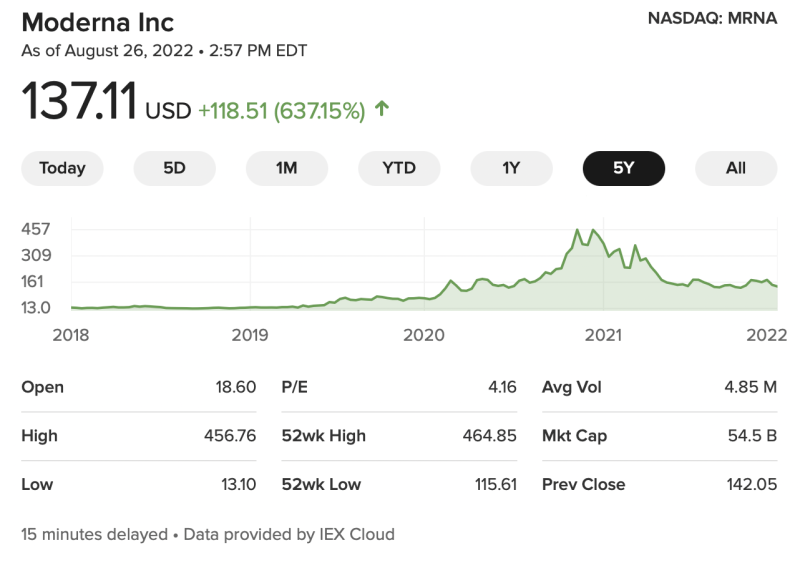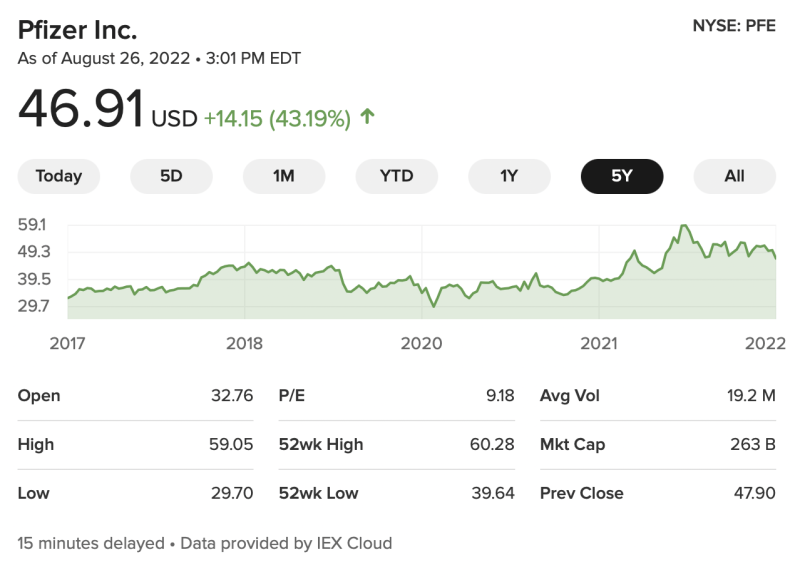The legend is that patents are a just reward for new inventions. The reality is that they are government grants of monopoly privilege for industrial interests. What began as a royal privilege left over from feudal times mutated into a right of anyone to deploy the power of the state to block competitors and thus exercise monopoly pricing power based on a statutorily determined amount of time.
For centuries, patents have been debated as to their social and economic merit. That they inhibit competition is beyond dispute. Not even those who reverse engineer a product have the right to produce and sell the results. The only question is whether such interventions are truly necessary to incentivize innovation.
In the case of pharmaceuticals, the justification is a bit different. It has surrounded the supposed need to cover the high costs of research and regulatory compliance. Industries need compensation lest their entire industry becomes unprofitable and we all suffer a lack of medical advances.
None of this pertains in the case of the Covid shots. Moderna received fast-track regulatory approval and $10 billion in tax subsidies for its mRNA innovation. Even then, it claimed the right to demand exclusive rights to its formulas. During the pandemic – during which time the company also enlisted governments and private business into forcing consumers to accept its product – it agreed to forego its claims.
Now that the pandemic is over, and the demand for the shots has plummeted worldwide and vaccine mandates scrapped, Moderna is suing Pfizer for stealing its intellectual property. The court fight could last years, at the end of which they will likely settle and redistribute their loot.
On top of that, both are publicly-traded corporations that made enormous profits off the pandemic, while the jury is still out on whether and to what extent their product proved to be a net benefit in terms of reducing disease severity. It certainly did not stop infection or spread.


To top it off, both companies are granted complete legal indemnification from damages from the shot, according to 42 U.S. Code § 300aa–22. “No vaccine manufacturer,” says the law, “shall be liable in a civil action for damages arising from a vaccine-related injury or death associated with the administration of a vaccine after October 1, 1988, if the injury or death resulted from side effects that were unavoidable even though the vaccine was properly prepared and was accompanied by proper directions and warnings.”
This is another level of privilege they enjoy, justified on grounds that no vaccine manufacturing company could possibly deal with the cost of vast litigation plus bear the expenses of research and development.
It is simply not possible that any industry could be granted more privileges in the law. Most of them are rather new in a legal sense. Boldrin and Levine have demonstrated that the claims to support this kind of privilege are false in theory, false in history, and false in the current moment.
Without the privilege of the patent, and without vast subsidies, and without indemnification against damages claims, there would have been every incentive just from sales of product to bring an effective product to market if such a thing could exist. Government decided with Operation Warp Speed that such a thing as a Covid vaccine absolutely must exist. It was seen as the only exit strategy. This demand ended up creating enormous distortions around price and effectiveness.
Some people predicted this eventual mess from the beginning. At the very least, the formula for the innovation should have been shared widely so that if the vaccine really did function properly it could be manufactured and distributed in a cost-effective and voluntary way. Those who wanted the shot could have it and the rest of us would have moved on with our lives while trusting the immune system that hundreds of years of science has come to understand and fully appreciate.
And now, after such vast chaos in labor markets from vaccine mandates, after a year and a half of false promises, after near silence on the problem of vaccine injury, and after the corruption of Big Tech, after the legal privileging of mRNA over other technologies, the top two industry leaders are fighting like scorpions in a bottle to retain their industrial privileges granted by the patent office. It’s a heck of a way for this story to end.
To top it off, the actual patent holder for mRNA has opposed these vaccines all along. His name is Robert Malone and he just wrote the following:
Based on my experience, all three of these patents can be readily invalidated due to the failure to cite relevant prior art. To repeat, I have no financial interests here. But the work that I did and the relevant patents that I am a co-author on (which Moderna conspicuously fails to cite) are now in the public domain. They belong to everyone, not to Moderna, or to CureVac, or to BioNTech. And this may explain part of why there has been such an effort to write me out of history. Not only because some seek the Nobel Prize, but also because the intellectual property patent positions of some very profitable companies may become at risk if those contributions are acknowledged.
Not only is Big Pharma being exposed. But also the patent regime. And government itself.
There is absolutely no theory of political economy in existence that could possibly justify this combination of 1) private company with vast tax funding, 2) government-enforced monopoly claims of ownership, 3) indemnification against damage claims, 4) publicly-traded stocks, plus and 5) a forced customer base. And to top it all off, it’s not even clear that the product worked; it certainly did not live up to the wild claims from top government officials.
In any system of government and industry, this combination would cry out for dramatic change. If there is no change, it can only be due to the power of the industry itself. Somehow for them, it is never enough.
Published under a Creative Commons Attribution 4.0 International License
For reprints, please set the canonical link back to the original Brownstone Institute Article and Author.









